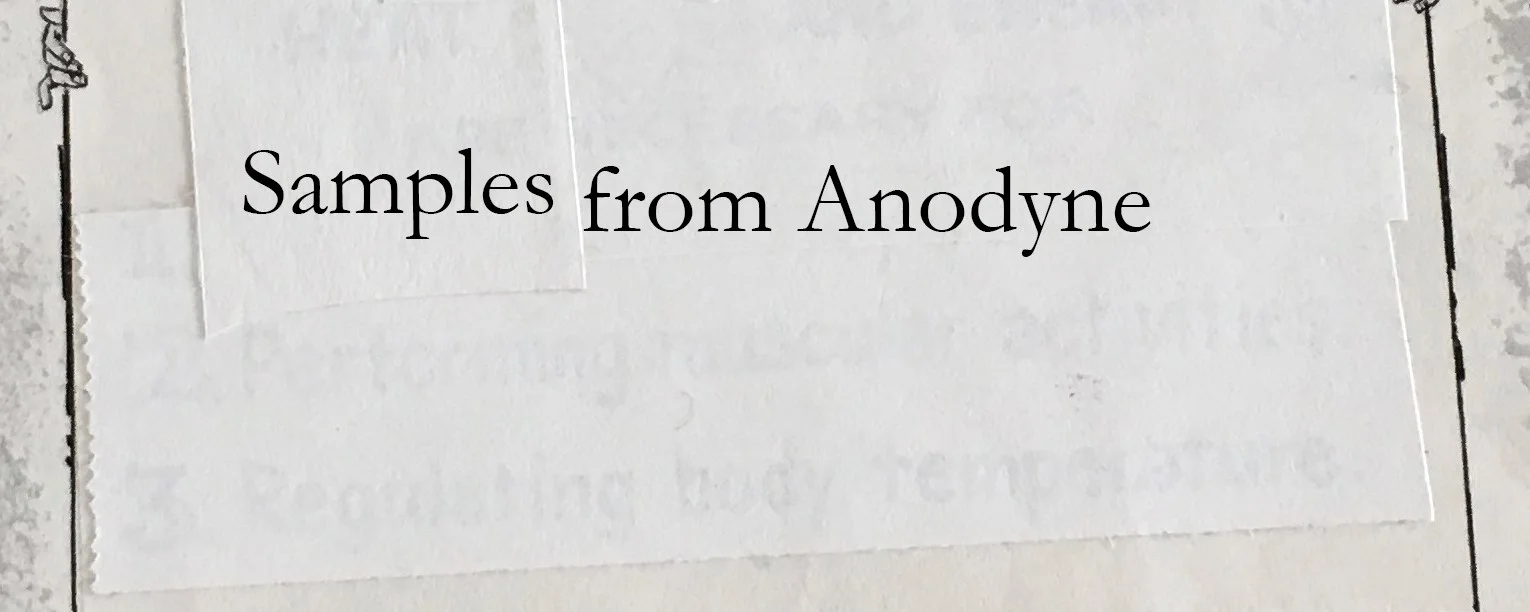It's been a few weeks since we have written. We've been busy getting new content out in the world and it's limited the time to write a proper update.
The White Whale season 1 is in full swing as of yesterday with the first episode introducing John Barner properly and the ideas that have built his trilogy. Brimming with tales of ghosts and mechanical malfeasance - this should be a pretty great ride.
You'll recognize music from the catalog and certain approaches to sound unique to the games we play. The storytelling will keep evolving as the conversation evolves and grows richer so stay tuned for some impressive arrangements.
Any of the original material we bring into the mix will also get a certain mixtape remix - as we've done in the past, though this obviously being the first with music original introduced in a podcast. So, what you hear will come back around again. New shapes and forms to embrace the ideas we come upon through this journey.
We're always looking for a way to give you new work and new perspectives.
Release of the final album, Funayūrei,is also fast approaching. Album is ready, though release date has yet to be set. We are working tirelessly to finish up the films first so you will have the full experience from get go.
Other adventures are in the mix, but for now listen to The White Whale.

